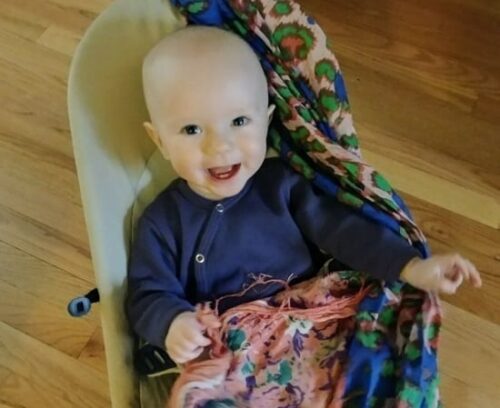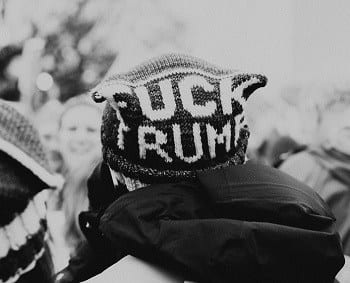This morning, I was playing with Owen. He was having “tummy time” and I set his favorite toy just a bit beyond his reach in the hopes that we might challenge himself to learn new movements and abilities. He had his eyes set on the toy. He tossed and turned, flailing his arms to get it, growing more frustrated at his inability. I sat down with him encouraging him to reach out and grab it.
After a few moments of frustration, he contorted his body, pushed off just a bit, and grabbed the toy. He brought it closer to him and promptly put it in his mouth and smiled.
“Good boy!” I exclaimed, congratulating him. “You are such a good boy! Look at you go!”
As the joy and excitement of the moment slowly burned off, I noticed something in me felt off, out of integrity. What message had I just given my son? What does it mean to call him “good”? What are the implications and consequences of labeling him as “good”, specifically for acting in the way that I wanted him to?
On some level, I believe each of us carries deep down within the message that we are not good enough. Some more than others, sure, but each of us has this message of shame and insufficiency programmed in us, just waiting to be activated.
As I sat with it more, I began to wonder whether my cries of “good boy” are exactly how this programming begins. Of course, I did not intend to shame my son. I wanted to congratulate, affirm, and motivate him. But in trying to do so, I also implicitly created a link between his “goodness” and his behavior. In order to be “good”, he has to do something. Was he “good” before he reached out to the toy? Will he still be “good” if doesn’t continue to learn to roll out, crawl, walk, and run?
Is it ever helpful to label anyone as “good” or “bad”, whether for their specific behaviors or some inherent part of their being?
Labeling someone or ourselves as “bad” certainly doesn’t make them more likely to act in the ways that we deem valuable or virtuous. It shames them for not conforming to our values. And it gives us reason to not empathize with them or seek to understand them. It boils down their complex life circumstances to a three-letter word.
But labeling someone or ourselves as “good” may be even worse. If we label someone as “good” based on some specific action, it inherently supports the message that their worth is tied to the actions and productivity. We will always need to do a little more to keep being “good”. They will never quite be “good enough” where they don’t need to keep doing more, more, more. And if we label someone as inherently “good” beyond their actions and behaviors, then we enable them to step out of honest self-reflection and growth. Since they are “inherently” good, then whatever they do must be good and moral, regardless of its effects on themselves or their community. It allows them to feel superior to the “bad” people without having done anything to deserve it.
Would the world perhaps be better, if we all agreed to stop labeling people into the categories of “good” and “bad” people? Of course, there are “good” and “bad” behaviors. Compassion is good. Bigotry and hate are bad. Those are useful distinctions. But perhaps people themselves are all imperfect and all beautiful, holding on to some core piece of truth and decency, yet always with room to grow and learn. Perhaps we best open ourselves to the mystery of life when no one is better or worse than anyone else.



